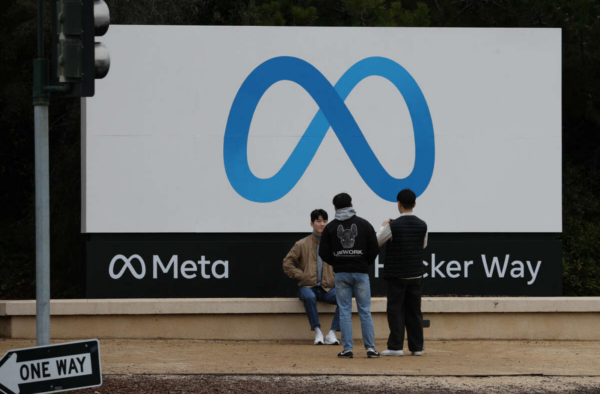If you were among the millions of Facebook users between May 2007 and December 2022, you may be eligible for a payout, but you must submit a claim.
Meta, the parent company of the Bay Area-based social network, has agreed to pay $725 million to resolve a lengthy lawsuit over the privacy of Facebook’s personal data.
The class-action lawsuit was initiated in the wake of the 2018 Cambridge Analytica scandal, but a plethora of other alleged Facebook data dealings was eventually added, alleging that the platform violated the law by allowing unauthorized third parties to access users’ confidential content and information.
The Facebook class action deal will benefit nearly everyone.
By agreeing to the settlement, Facebook acknowledged no wrongdoing and stated that it has altered its user privacy practices.

The portal for submitting claims requests contact information and then a couple of brief Facebook-related inquiries. This writer completed the entire claim form in less than three minutes. The page includes Venmo among its direct deposit options.
Claims are due on August 25 and should be paid after the settlement’s final hearing on September 7. The deadline to opt out of the settlement and retain the right to prosecute Facebook separately for any of the privacy claims in the lawsuit is July 26.
How much will each settlement recipient receive? This depends on two factors: the number of claimants and the length of time a claimant maintained an account on the platform.
The Federal Trade Commission has fined the company a record $5 billion for privacy violations.
The settlement will distribute “points” to claimants for each month they had an account between May 24, 2007 and December 22, 2022, and then divide the money (after attorneys’ fees of up to 25% and cash for class representatives) based on these figures.
In the settlement agreement, which was granted preliminary approval by a magistrate on March 29, the plaintiffs’ attorneys estimate that between 250 million and 280 million U.S. adults are Facebook users and are therefore eligible for compensation.
The case could have proceeded to trial, but the attorneys noted in the settlement that it would have been difficult to demonstrate actual damages across the entire user base.

